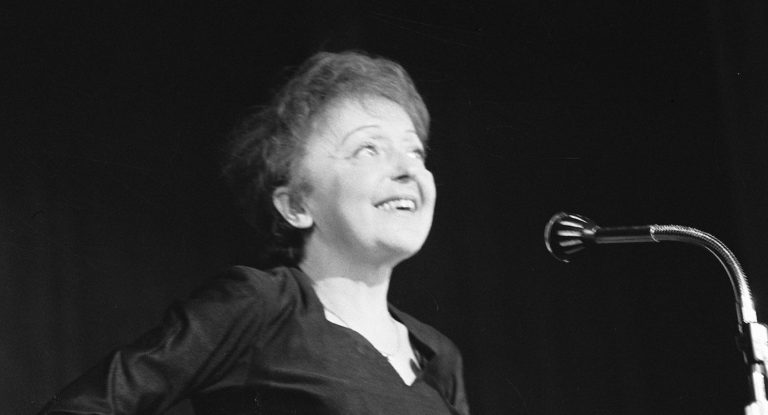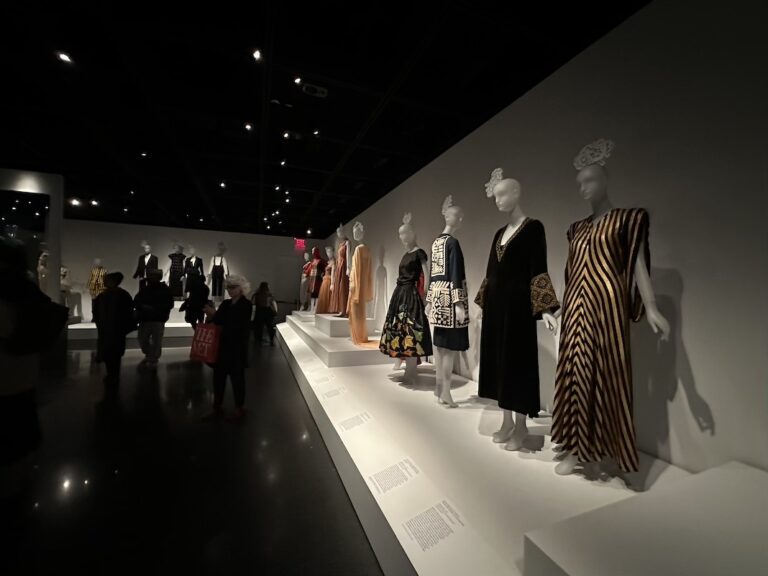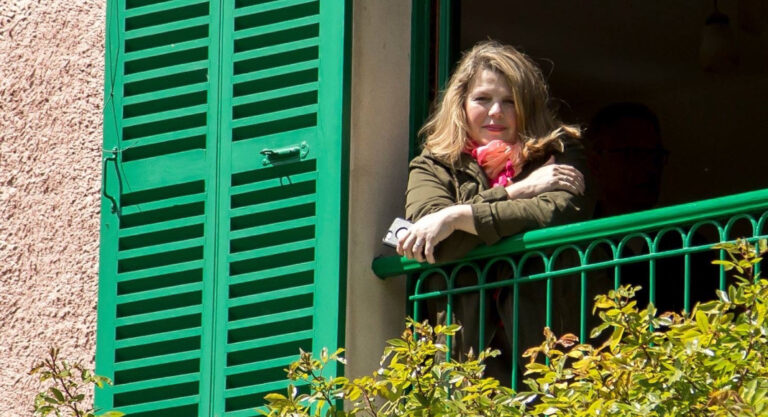The #metoo movement isn’t everyone’s favorite. By detractors in the U.S., it’s been derided as a celebration of victimhood or an unleashed, unmonitored wave of female aggression towards men.
But in France, reactions to #metoo are a little bit more divided along cultural — rather than gender — lines. The infamous petition signed earlier this year by women like actress Catherine Deneuve called for an end to #metoo on the grounds that the movement stinks of American prudishness, and that by policing all public sexual activity, the movement will actually negate the sexual freedoms that women have worked so hard for.
On the other end of the spectrum you have women like Marie Laguerre, who became an unlikely spokeswoman against sexual harassment when a video of her getting punched in the face by a street harasser after she rejected his advances went viral. The unknown assailant was brought to justice only recently, and given a six-month jail sentence for “aggravated violence.”
There is no easy way to convince critics that not getting punched in the face and the “art of seduction” are not mutually exclusive. The French will continue to be French, however that means to them. But don’t be confused when you become the wolf who cried “galanterie.”






